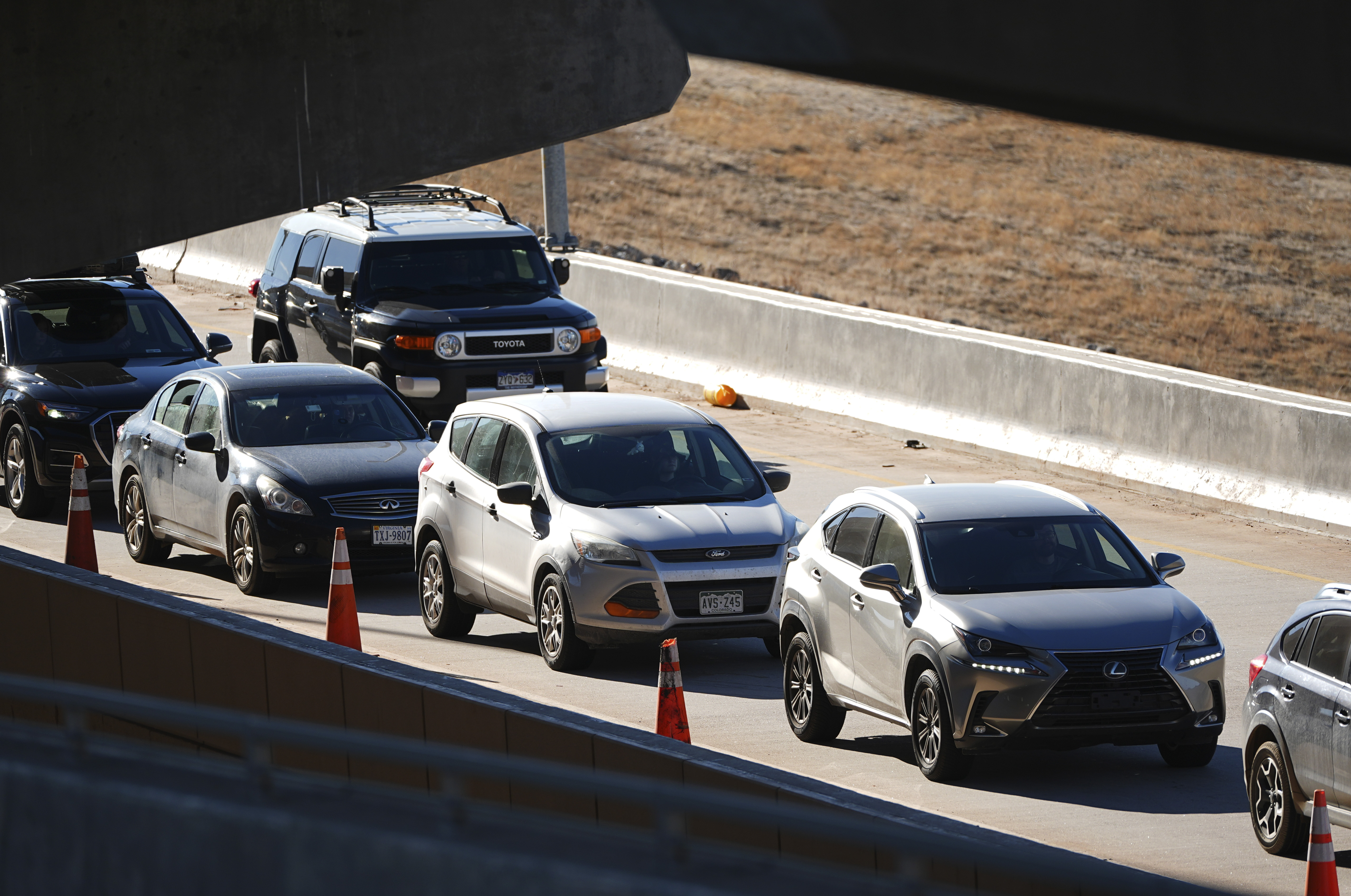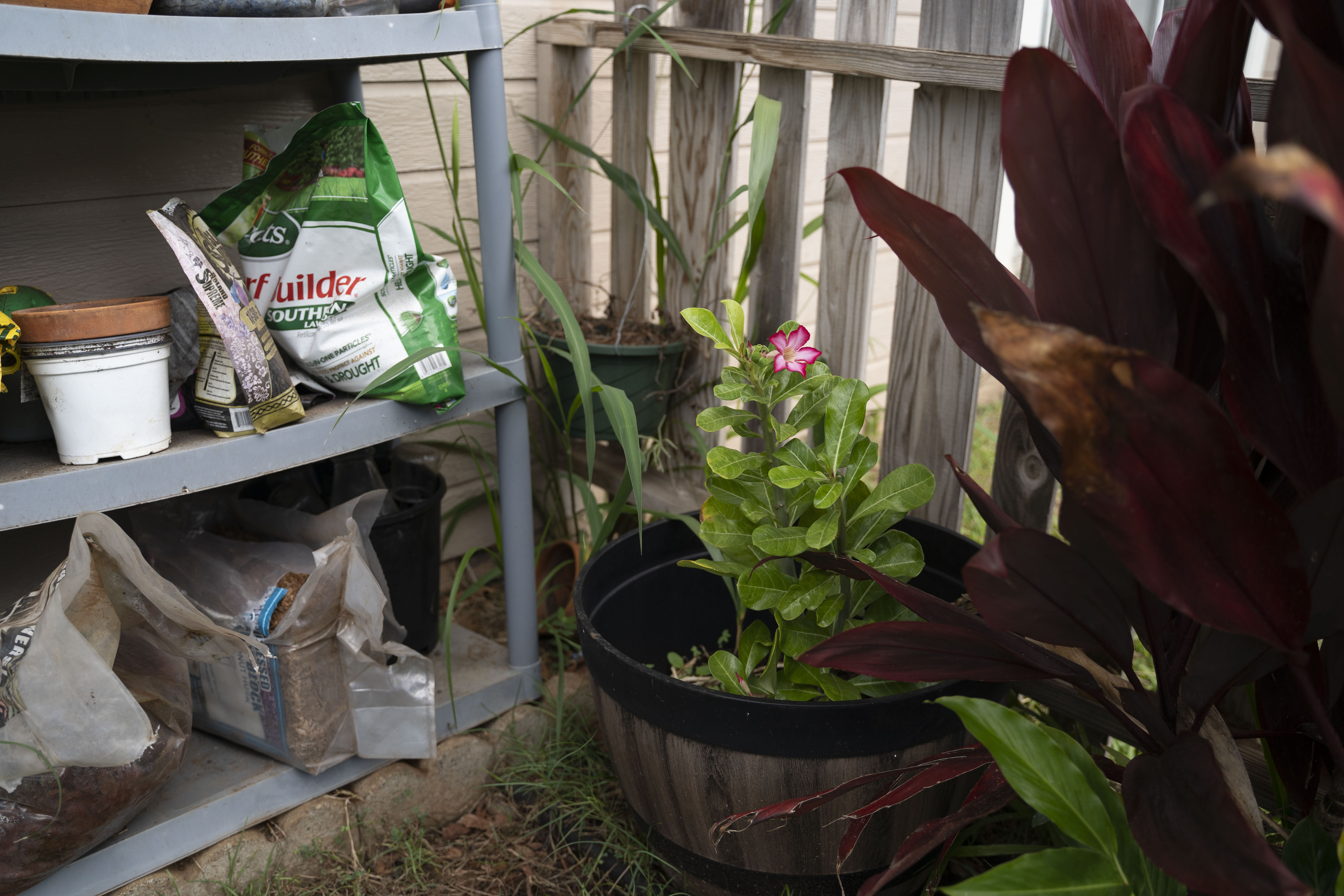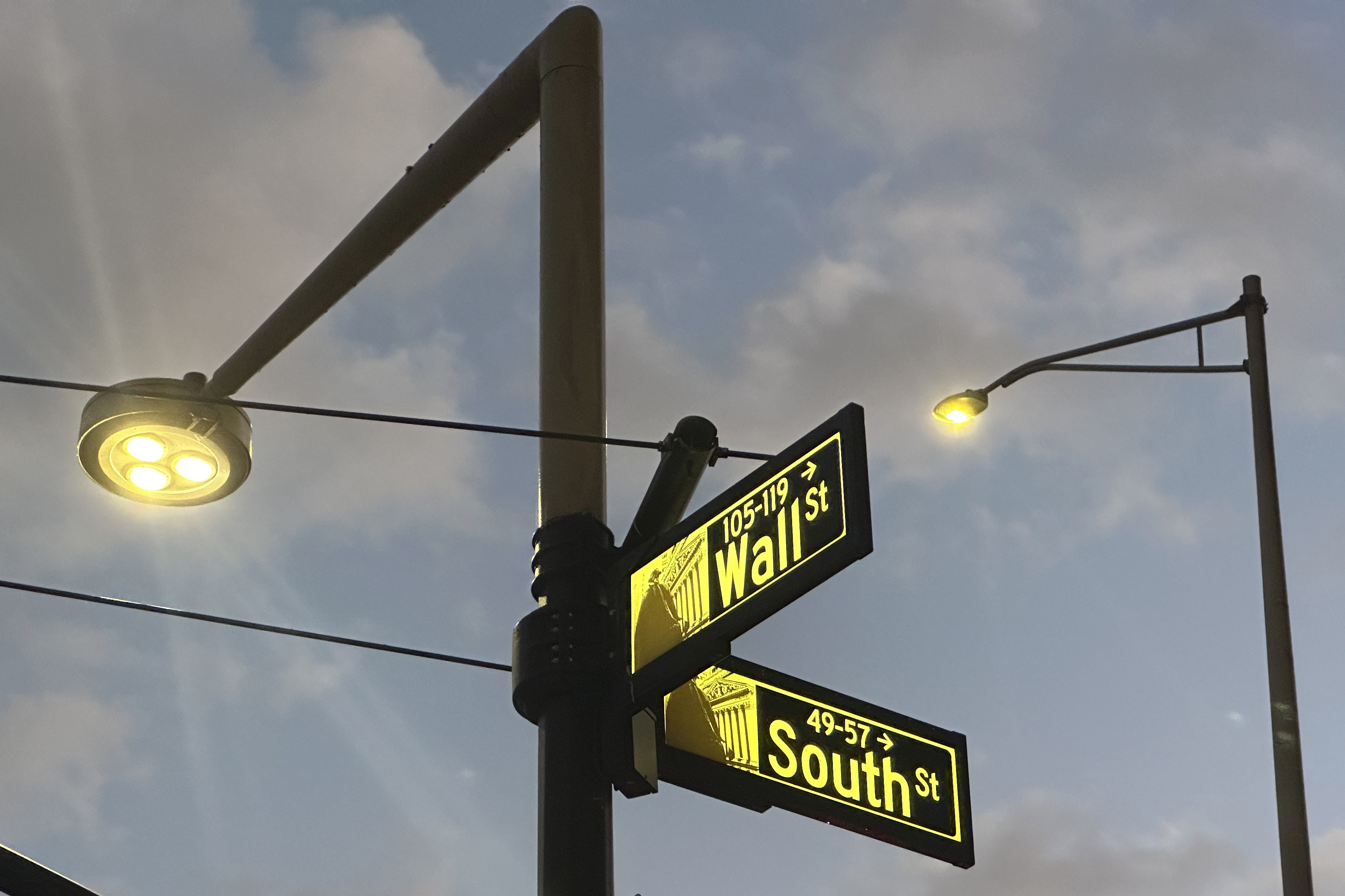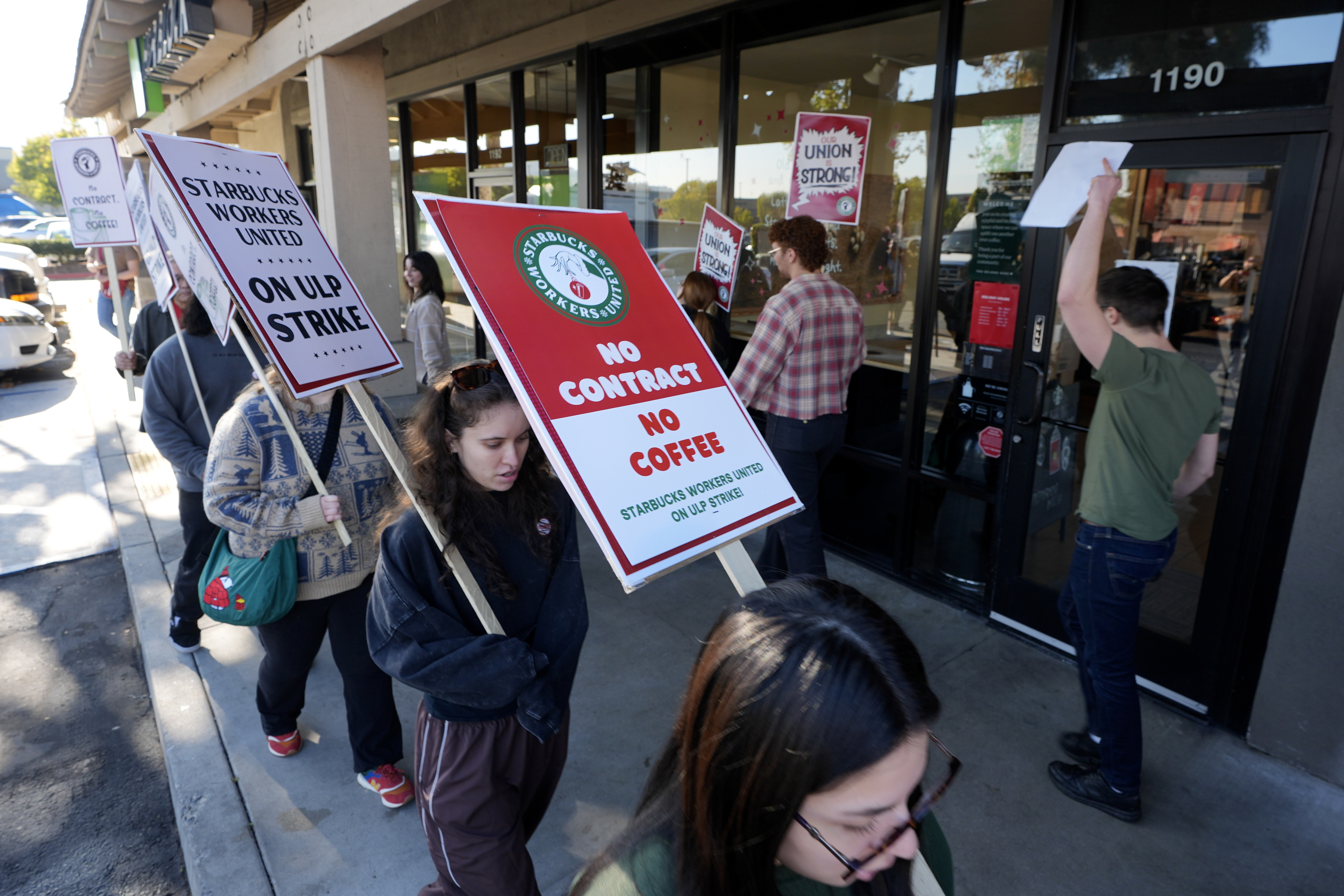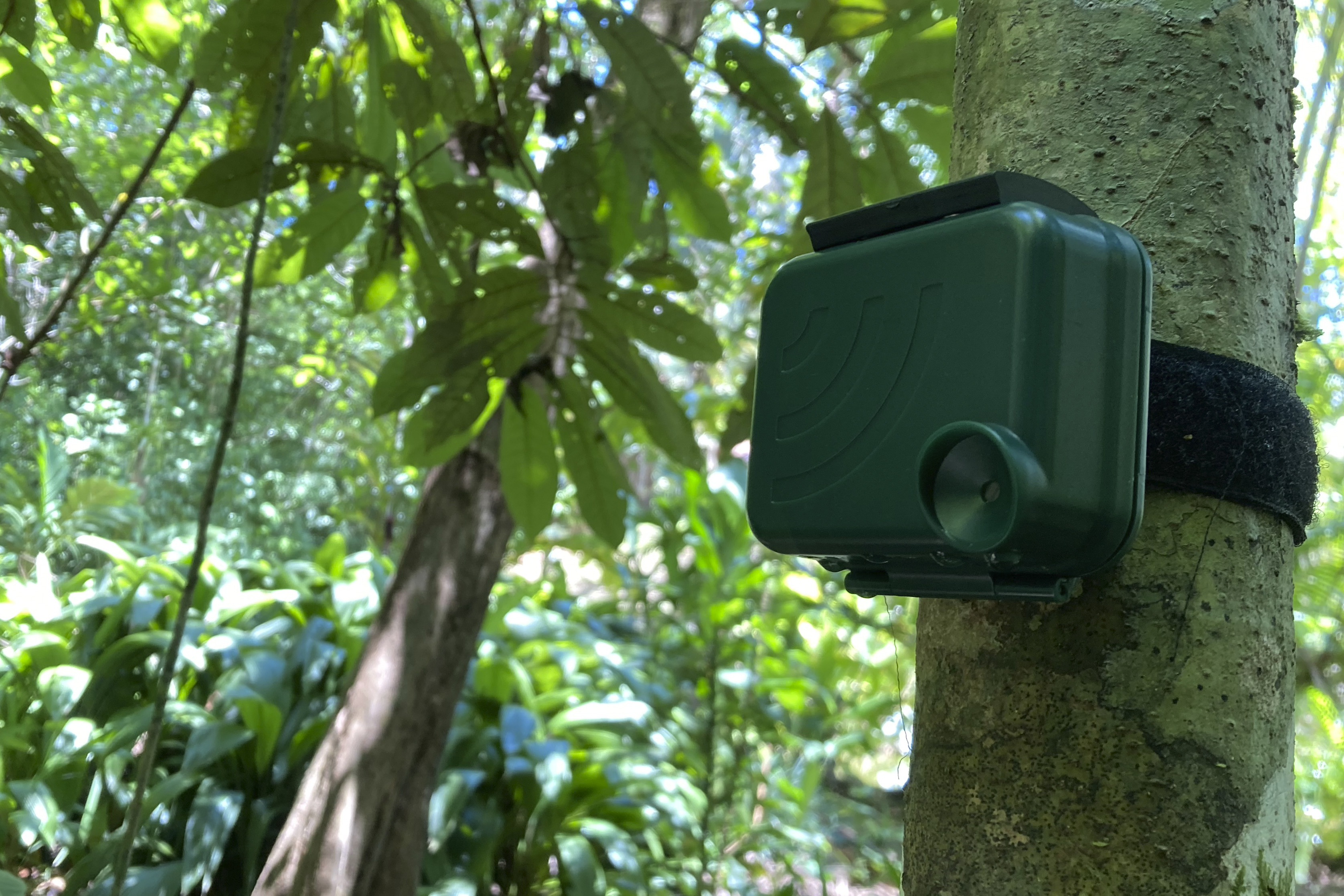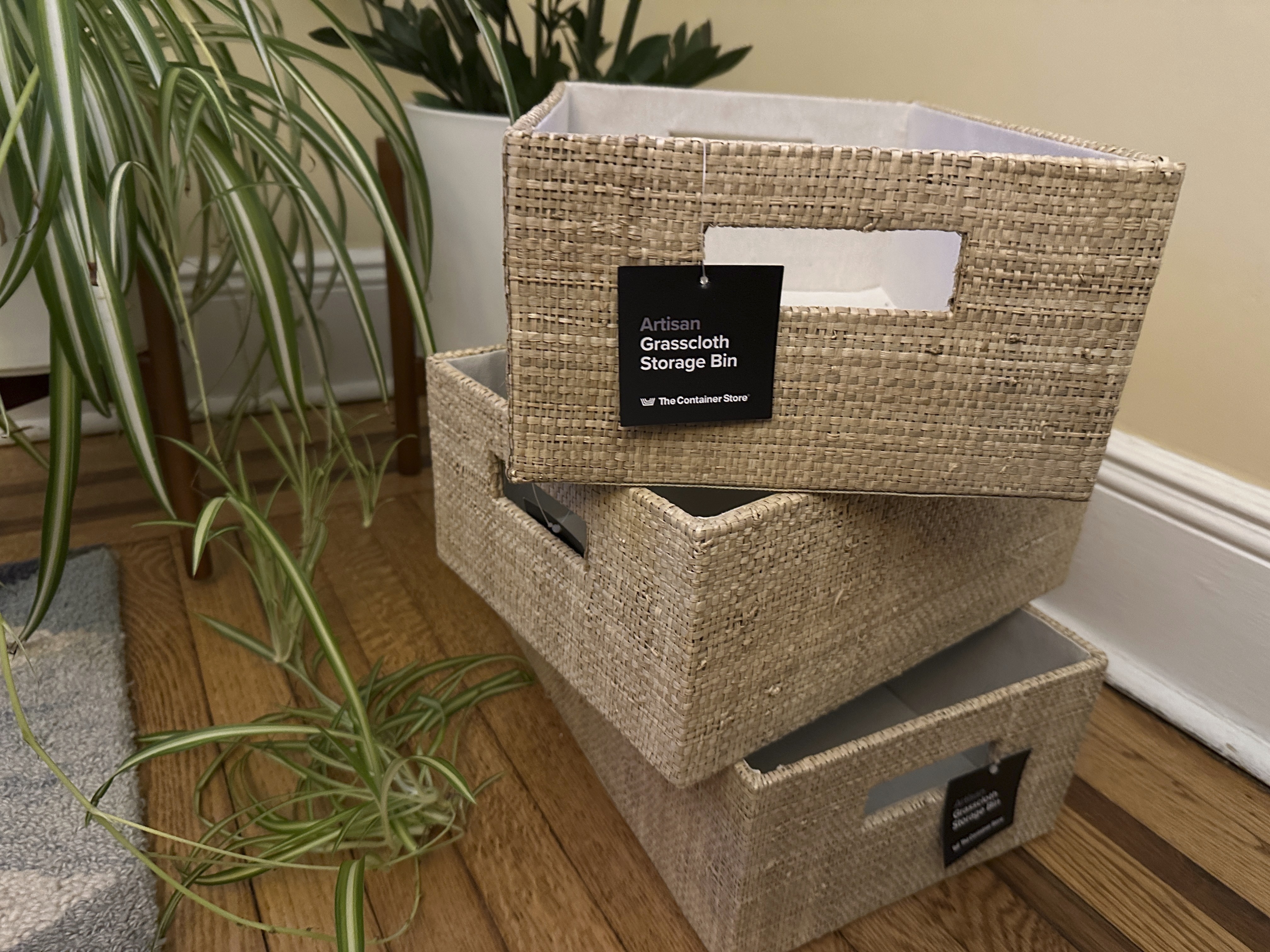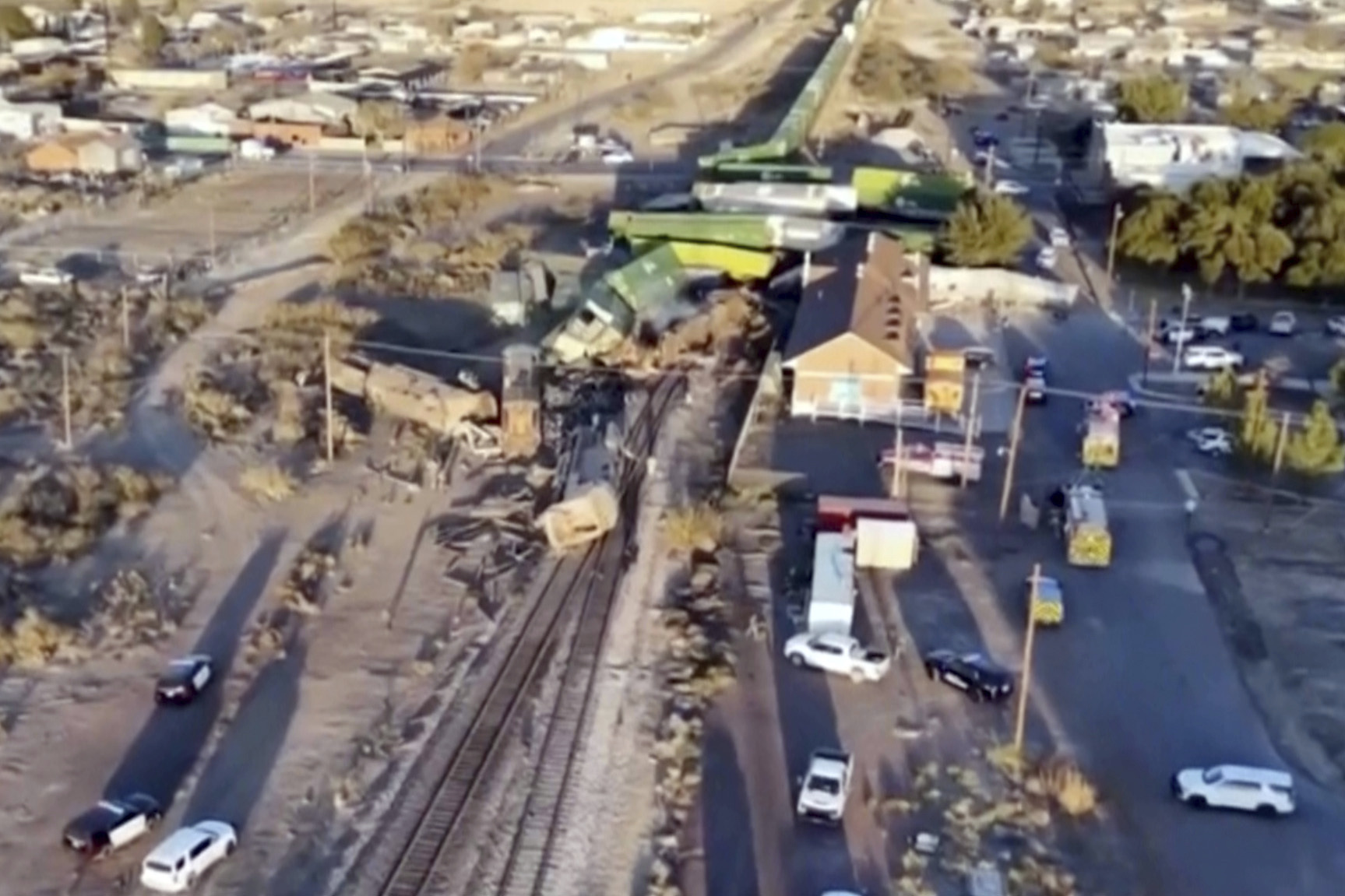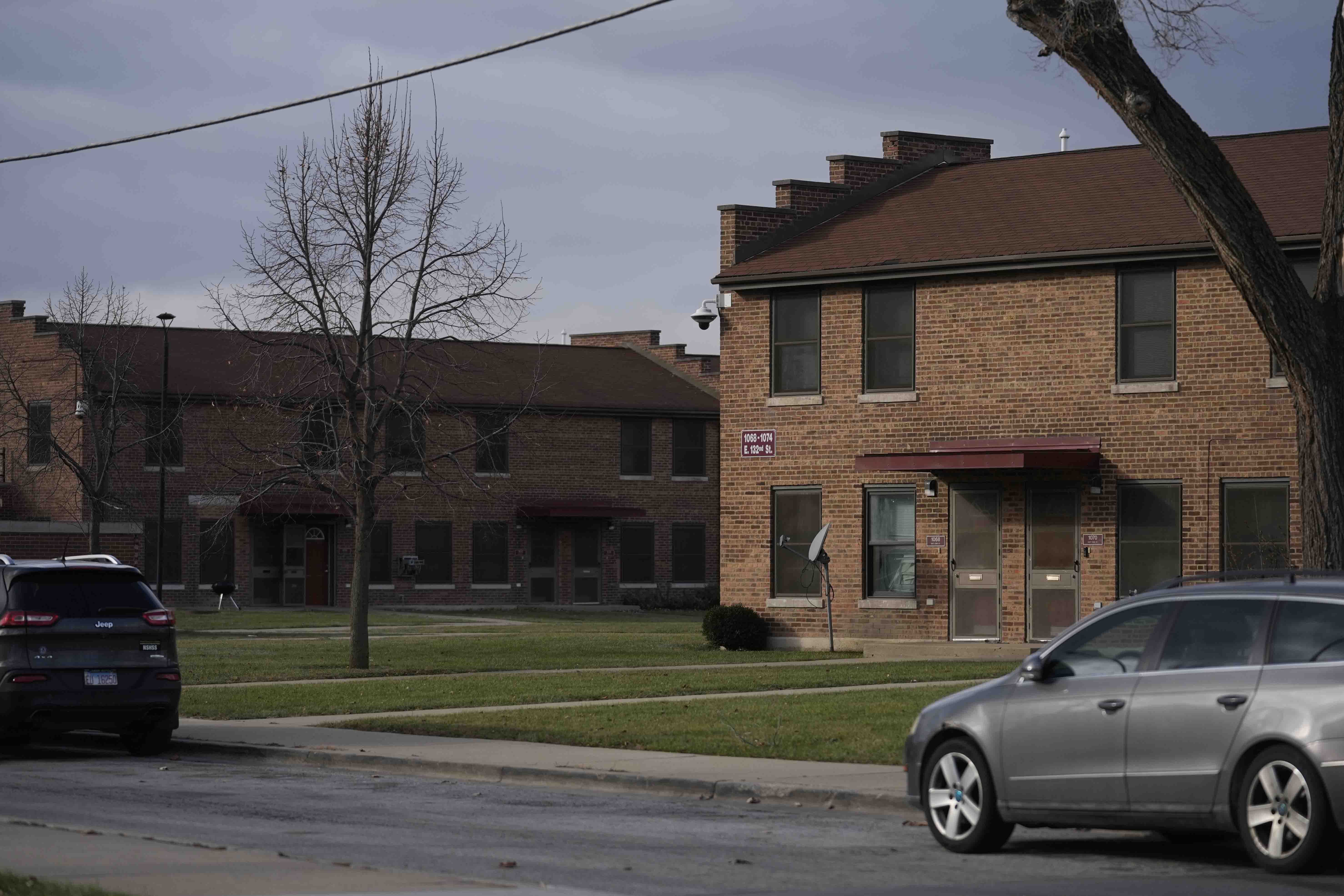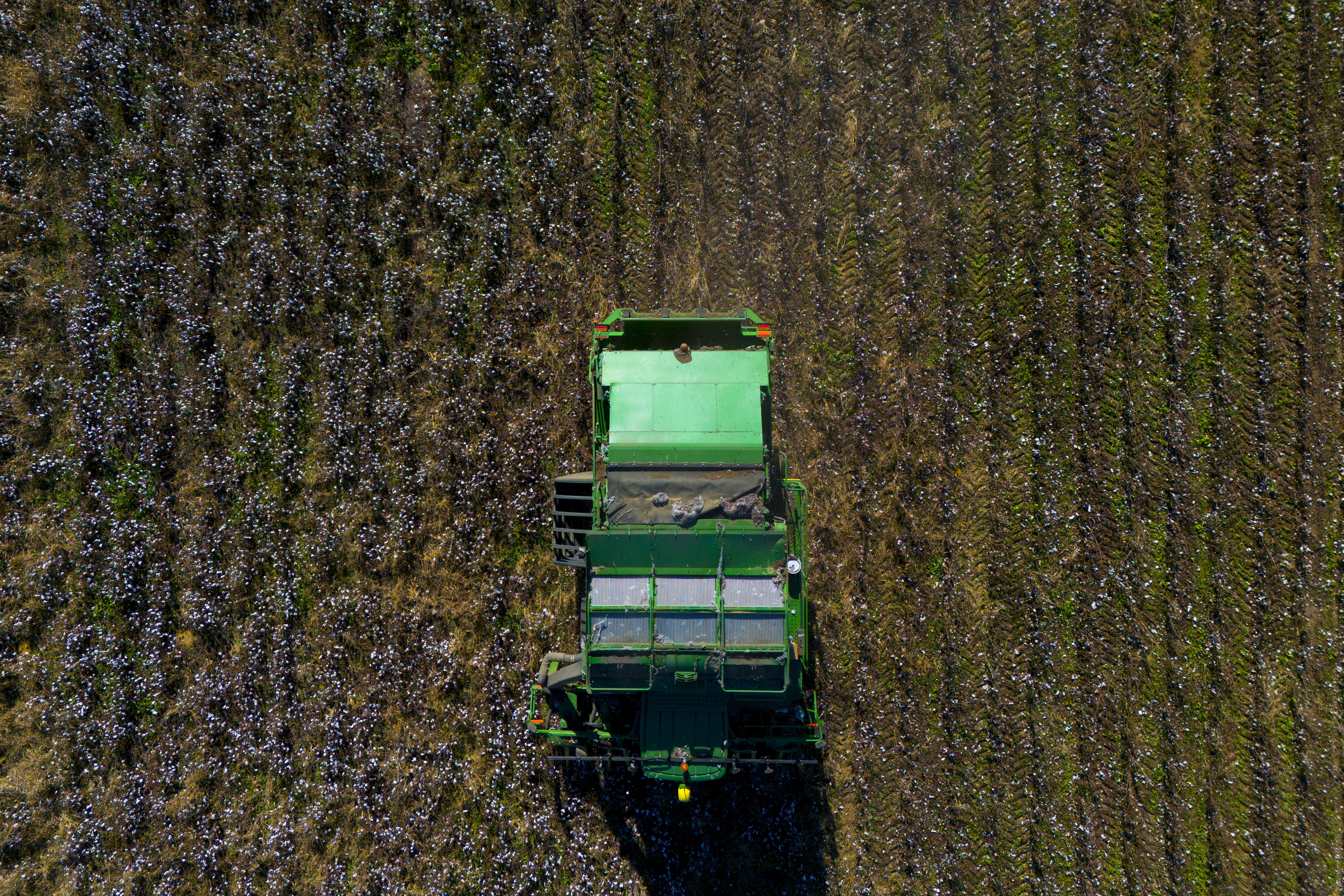After the storm, the worst of the weather may be gone but the dangers remain. Many people are hurt or killed after a storm during the cleanup process. It’s important to know how to clean up safely, and what to do after a storm.
COMMUNICATION:
Cell service may be spotty after a storm. If a call does not go through, try sending a text. Your home internet signal may still work, so if you can plug your router/modem into a generator or battery backup, you may be able to still have internet at your home through your cell phone.
Send a note to your out of town contact, or update your social media to let family members and friends know you are safe.
AROUND YOUR HOME:
Do not let your kids play in flood waters. Flood waters can contain debris, pet waste, or sharp objects.
Use caution removing any fallen trees or debris. Seek professional help if needed. Use extreme caution with chainsaws.
Don’t over-do it! The recovery process can take awhile. Take it slow, make sure you take frequent breaks and be aware of the dangers of heat exhaustion.
Never touch a downed power line. Assume all power lines are hot and electrified. Report outages and check your status at dominionenergy.com/outages. Report downed lines and other safety hazards at 1-866.366.4357.
Virginia Natural Gas is reminding customers of safety measures to take when it comes to gas safety during a weather emergency:
- Meter Safety
- Do not turn off your gas at the main meter
- Leaving gas meters on helps to maintain the proper pressure in the gas pipe and can prevent water from entering your home or business if there is flooding
- After the storm, customers should make sure that their meter is visible and that the area surrounding the meter is free of trash or debris.
- Damage Prevention
- If you experience uprooted trees during the storm, contact VA811 before removing them to learn where underground utility lines are marked
- Detecting Gas Leaks
- If customers smell odors associated with natural gas, leave the area and move away from the possible leak
- Look for blowing dirt, discolored vegetation, or standing water that is bubbling
- Avoid using any sources of ignition
- Generator Safety
- Never use a generator in a partially or fully enclosed space
- Never plug a generator into a wall outlet
- Plug appliances directly into the generator, or use a heavy-duty, outdoor rated extension cord
If using a generator, make sure you do so safely. Read more about generator safety here.
FOOD SAFETY:
The risk of food poisioning is hightened when refrigerators and ovens are inoperable.
The VA Department of Emergency Management recommends the following in regards to food safety:
- A full cooler or freezer will maintain its cold temperatures longer than one that is partially filled, so it is important to pack plenty of extra ice, dry ice or freezer packs to insure a constant cold temperature if the power is going to be out for a prolonged period of time.
- The refrigerator will keep food cold for about 4 hours if it is unopened.
- A full freezer will keep the temperature for approximately 48 hours (24 hours if it is half full) if the door remains closed.
- Discard any food that has been at room temperature for over two hours, and any food that has an unusual odor, color or texture. When in doubt, throw it out!
- Cook food to the proper temperature to assure that any foodborne bacteria that may be present is destroyed. If at any point the food was above 40° F for two hours or more — discard it.
- Information on the safety of public water sources and “Boil Water” procedures, is available at: www.vdh.virginia.gov/drinking-water/.
IF YOU EVACUATED:
It’s natural to want to get back to your home as soon as possible to see the condition of it, but keep in mind that dangers such as flood waters and fallen power lines may exist after the storm has passed. Some emergency officials may restrict access to communities until they are safe to enter. In the Outer Banks/Dare County, there is a re-entry process after a mandatory evacuation.
Keep in mind that power may be out for days, or weeks following a major storm.
Get Hurricane Ready
Prepare for hurricane season: Know your zone
Prepare for hurricane season: What food and tools to have ready
Prepare for hurricane season: What to consider if you evacuate or stay home
Prepare for hurricane season: Getting your home hurricane ready
Prepare for hurricane season: Generator safety
Prepare for hurricane season: What to do with your pets
Prepare for hurricane season: Important phone numbers to report power outages/problems
Prepare for hurricane season: Protect your documents and valuables

